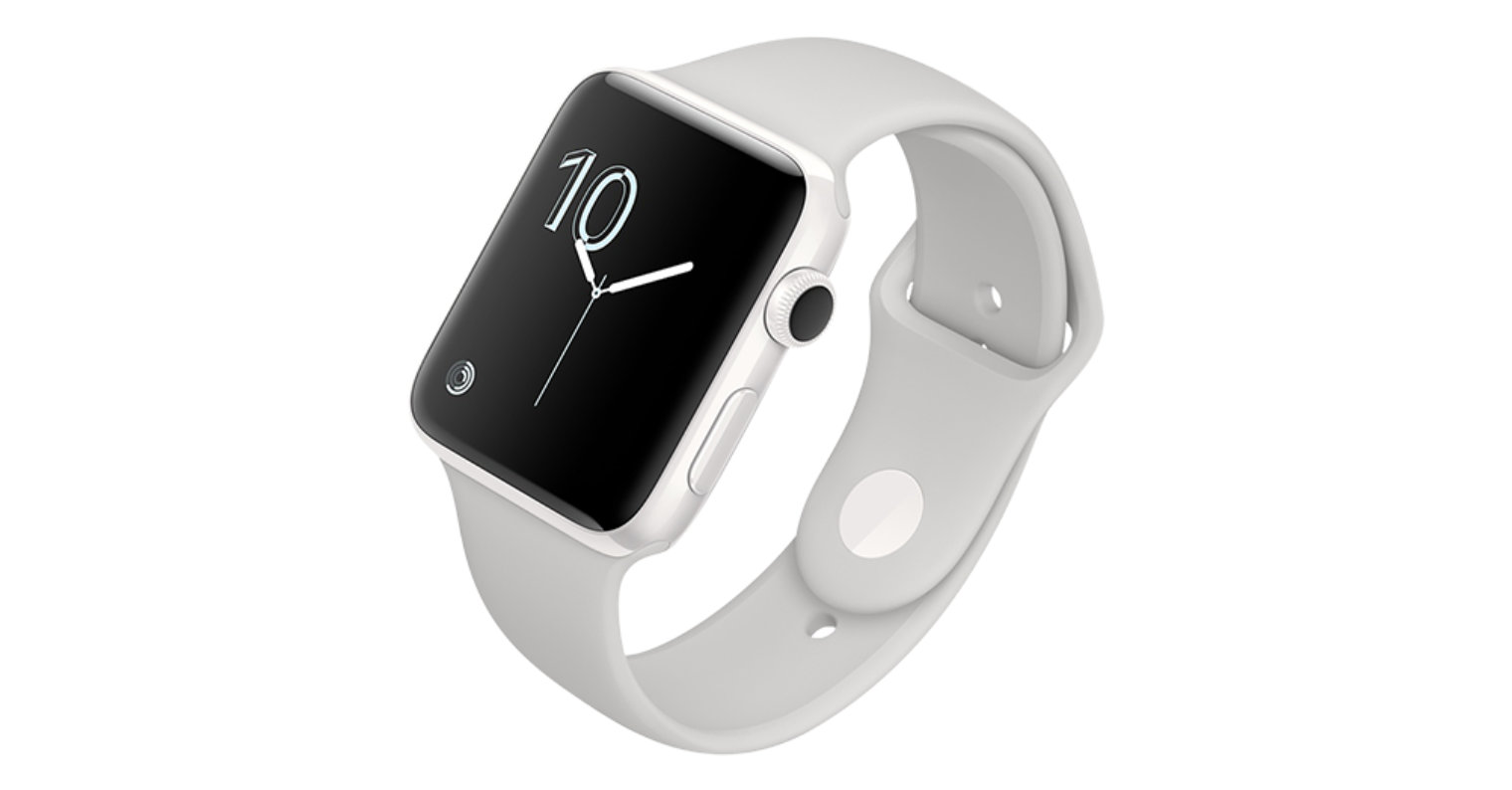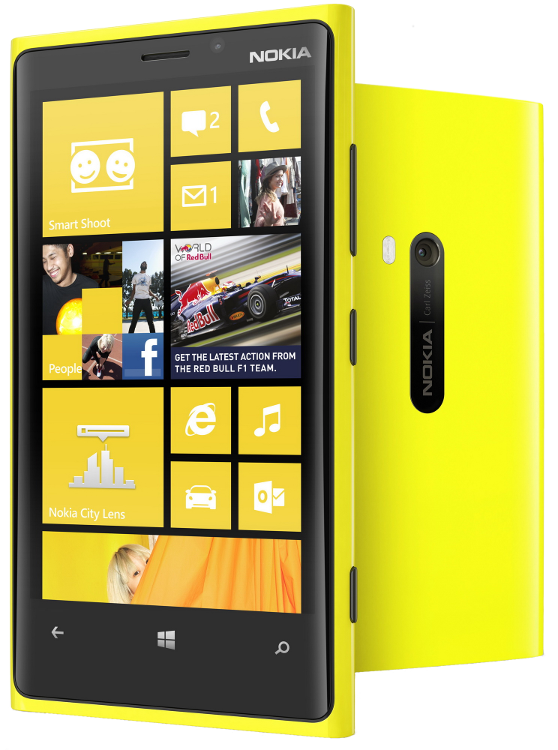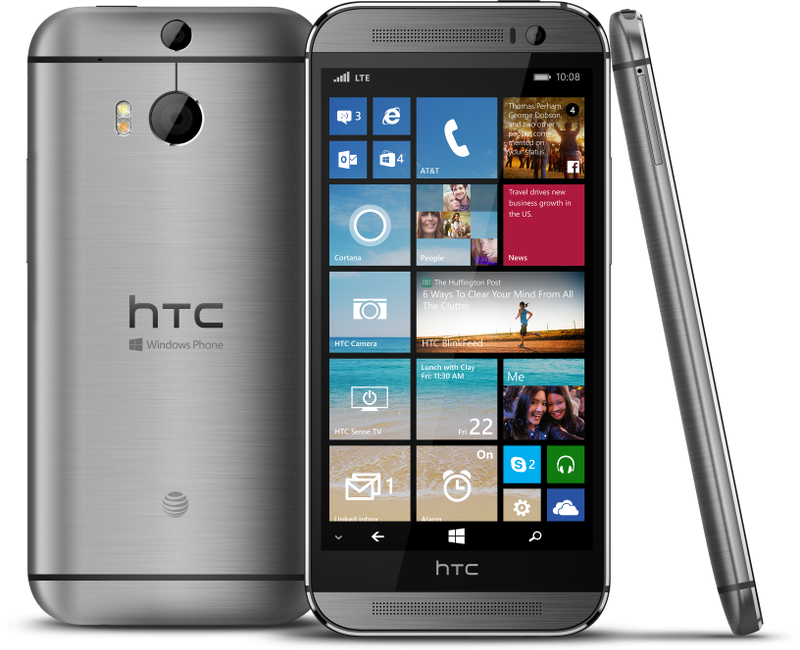Two operating systems dominate the smartphone world. Of course, we are talking about iOS, which is close to us, but it is quite small compared to the competing Android from Google. According to available data from the Statista portal, Apple had just over 1/4 of the mobile operating system market share, while Android runs on almost 3/4 of devices. But the word almost is important in this regard, because even today we can come across other systems that you probably don't even know about, but some won't allow them.
It could be interest you
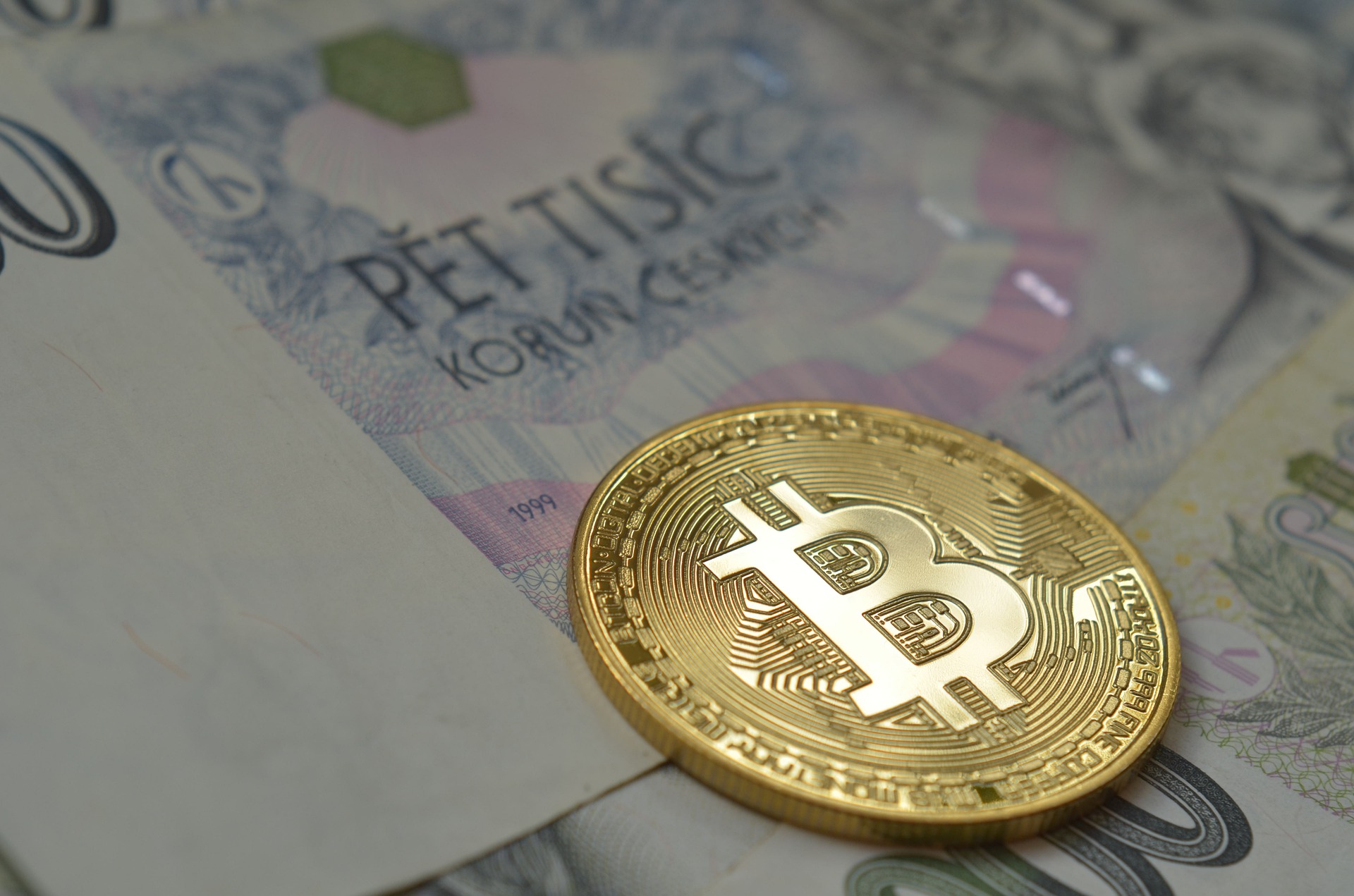
To make matters worse, a completely new operating system with a relatively large potential will probably be on the market. The Indian minister announced that the second most populous country in the world has ambitions to create its own OS, which could eventually compete with Android or iOS. Although for now it looks like Android doesn't have the slightest competition, the efforts to suppress it are here and probably won't just disappear. From the point of view of their success, however, things are not so rosy.
Lesser known operating systems of the mobile world
But let's take a look at the other operating systems of the mobile world, which have a minimal share of the overall market. First of all, we can mention here, for example Windows Phone whether BlackBerry OS. Unfortunately, both of them are no longer supported and will not be developed further, which is a shame in the end. For example, such a Windows Phone was very popular among fans at one time and offered a relatively interesting and simple environment. Unfortunately, at that time, users were not interested in something similar and were rather skeptical of the relevant changes, which led the system to ruin.
Another interesting player is Kaios, which is based on the Linux kernel and based on the discontinued Firefox OS operating system. He looked at the market for the first time in 2017 and is backed by an American company based in California. However, the primary difference is that KaiOS targets push-button phones. Even so, it offers a number of interesting functions. It can deal with creating a Wi-Fi hotspot, locating with the help of GPS, downloading applications and the like. Even Google invested $2018 million in the system in 22. Its market share was just 2020% in December 0,13.
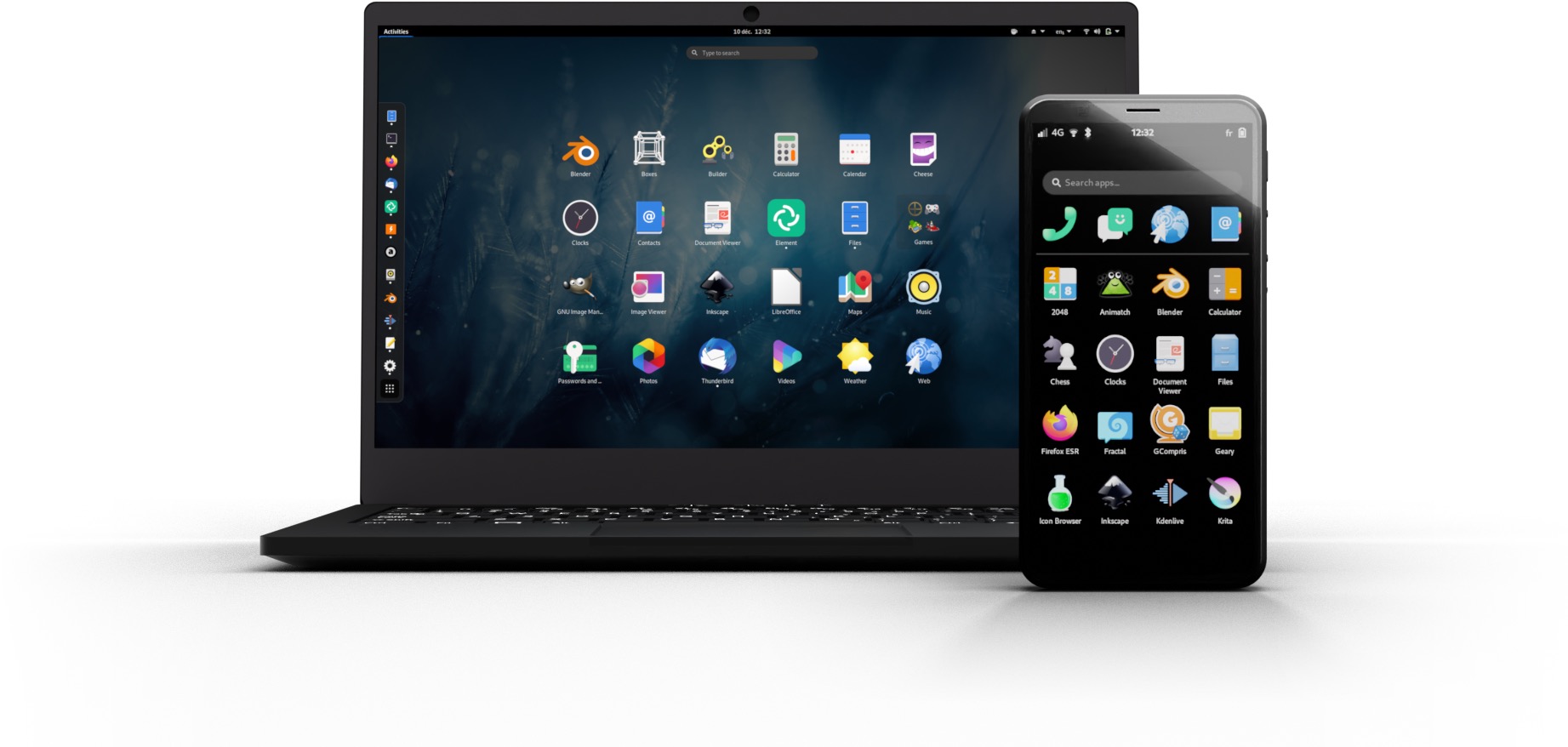
We must also not forget to mention a rather interesting piece with the title PureOS. It is a GNU/Linux distribution based on the Debian Linux distribution. Behind this system is the company Purism, which manufactures laptops and phones with a maximum focus on user privacy and security. The world-famous whistleblower Edward Snowden even expressed sympathy for these devices. Unfortunately, the presence of PureOS on the market is of course minimal, but on the other hand, it offers a rather interesting solution, both in the desktop and mobile versions.
Do these systems have potential?
Of course, there are dozens of lesser-known systems, but they are completely overshadowed by the aforementioned Android and iOS, which together make up almost the entire market. But there is a question that we have already opened up a bit above. Do these systems even stand a chance against the current movers? Certainly not in the short term, and honestly I can't even imagine what would have to happen for practically all users to suddenly resent the years-tested and functional variants. On the other hand, these distributions bring interesting variety and can often inspire others.
It could be interest you
